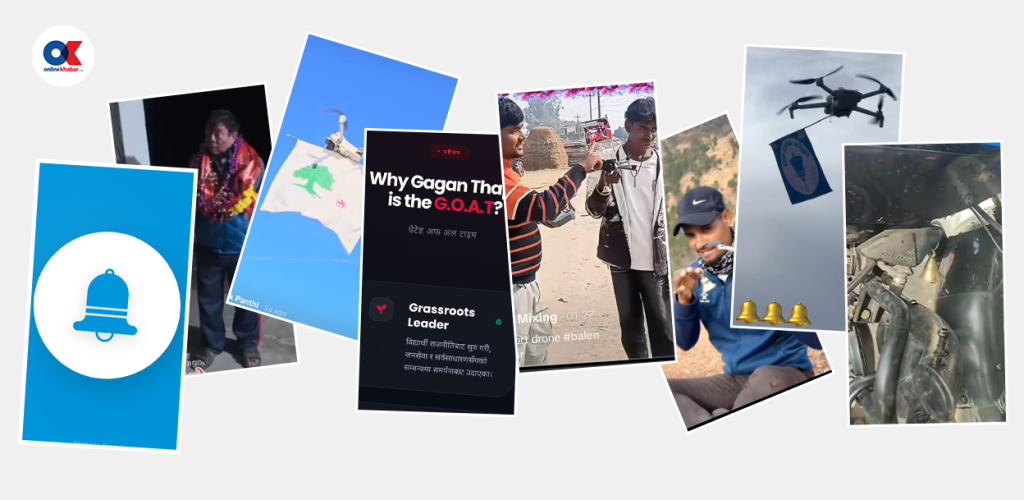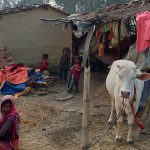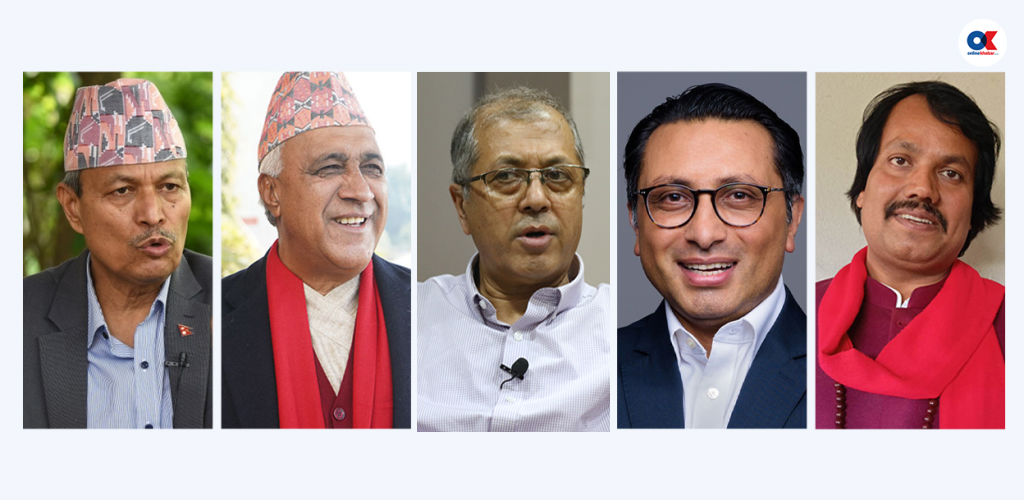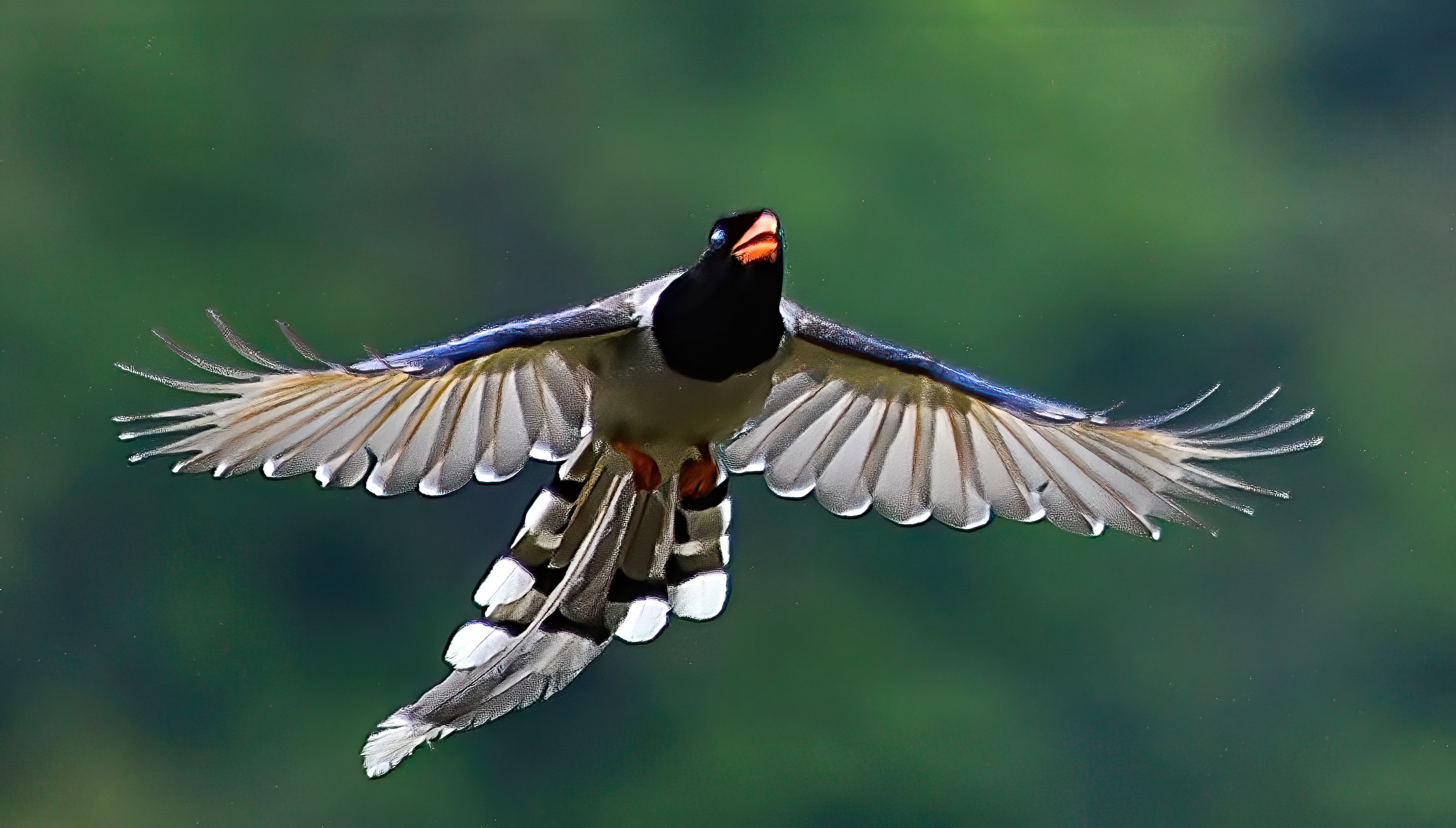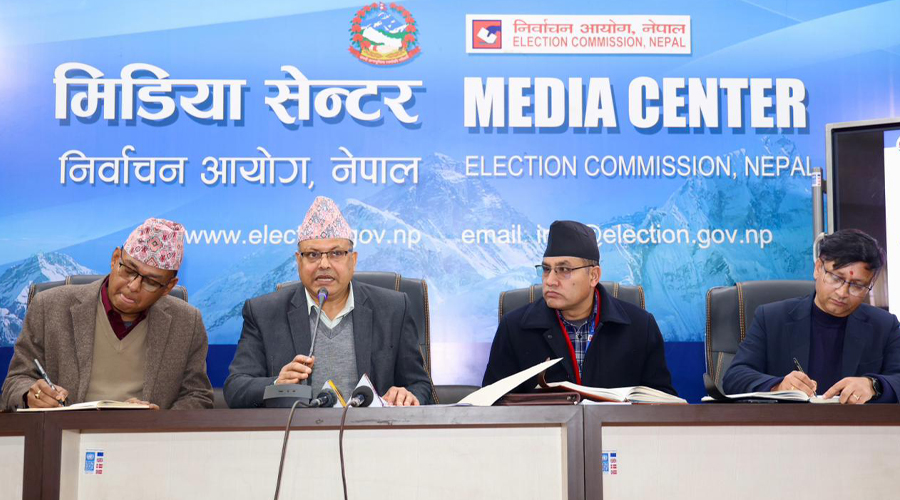Bibek Lama, Rochak Dahal and Subas Poudel did not know each other until a few months ago. All distinguished musicians, they met at an online conference where they were paired to collaborate and make music.
As music enthusiasts, they knew that the session would be fruitful as it included all like-minded people. But, by the end of the two-week-long programme in November 2020, they did more than just that. They learnt about the importance of working together, respecting each other’s contribution during a collaborative project and supporting one another.
With these three principles in mind, the trio sat down and worked on a mellow track called Paschyatap which confronts the uncomfortable truth of communal and caste-based injustice and intolerance in Nepal.
“The session was amazing,” says Dahal, the vocalist of Nepali Indie band Pahelo Batti Muni. “Everyone had something to give and something to learn. It was one of the best sessions I personally have been a part of.”
The conference, titled Confluence, is a programme managed and moderated by Jason Kunwar, a senior music producer based in Nepal. Through the event, which has happened in Nepal probably for the first time, he aims to share the knowledge that he garnered throughout his years in music and pass it down to the new generation.

Purpose
To date, he has organised two such conferences, one in August 2020 and the other in November 2020, through which he wants to create a space for younger artists to be aware of the difficulties in making music.
The second edition, which was held in November 2020, was supported by OneBeat Accelerator which is an initiative of the U.S. State Department’s Bureau of Educational and Cultural Affairs in collaboration with the groundbreaking New York-based music organization Bang on a Can’s Found Sound Nation.
“The idea was to start a dialogue within the community about experience sharing and collaborating,” says Kunwar. “I wanted to tell younger generations the problem they might face when they pursue music as a long-term career.”
The idea started around the end of 2019 when Kunwar was discussing things he learnt with his close circle of friends. When he shared with them the things that he had learnt abroad and at various workshops, everyone was pleasantly surprised and wanted to learn more. This is why, in early 2020, he called for applications for interested musicians and started the first edition of the project.
“When I made the call, a lot of interest was shown and that is when we decided to it formally in 2020,” says Kunwar.
When Bhaskar Swar, a young singer-songwriter was approached by Kunwar to be a part of this event, Swar did not even hesitate to join. Having known how experienced Kunwar was, Swar knew that this would be a great learning experience for him.
“Being a solo artist, I had a feeling that working with people would be hard. But, this conference changed that,” says Swar. “I got to learn so much from people like Shiva (Kumar Khatri) dai and Jason dai that now I am open to any challenge. And, now, I am aware of how beautiful collaborations can be.”

Mutual learning
Apart from having to work with others, Swar always felt that it would take time to compose music. But, being a part of the confluence, he realises that it does not and that if people work together, they can manage to produce something good even when the time is short.
“That was quite a revelation for me. It was challenging, but working together with everyone made it fun and effortless. Having been part of this, I now firmly believe in a group effort,” says Swar.
That was what Kunwar was planning all along. He wanted to help the younger generation using the pool of resources and experiences he and his peers had. That meant some offered to help the young ones out with composition while some offered to help them by giving them access to their studio.
“It’s not that it was just they who learnt. We did too,” says Kunwar. “We reciprocated our ideas and communicated with one another. That is what was so good about this project.”
The conference took place virtually as it happened during the lockdown. But, that did not mean it was not fruitful.

Vishaka Chand, a singer, says she was initially in two minds about taking part in this as it was a virtual event. But, when she started, she immediately grew into it. With people looking to listen and offer advice and constructive criticism, the session, according to Chand, was what she had always needed to realise what music meant to her.
“I had come into music for a lot of reasons, but all of them seemed so naive,” says Chand. “What everyone there taught me was that as long as I was happy doing music and I had a space to do, all other things were irrelevant.”
One of things that she learnt at the conference, she says, is the critical response process developed by Liz Lerman. The process introduced the participants to a method of giving and getting feedback on their work in progress. This, for all participants, was a new thing and all of them said that they were motivated to get back to work to make their project better.
What next?
For Kunwar this sort of response is validation for what he is trying to do. Initially, he was worried if these artists would be coming with major expectations, but that soon subsided as everyone present at both the editions was quite up for it.
Another aspect Kunwar says he wanted to focus on through the conference is the artist supporting artists. He says he wanted to create such a space where collaborations went down smoothly. He wanted to show everyone that if they tried working together, they could and do so quite easily.
“The conference was great for networking too,” says Bibek Lama, a tungna player from Dhading. “I was doing my own thing back home, but this conference opened my eyes to many things. Not only did I get to learn things, but I also got to meet people from different genres and social backgrounds. It was inclusive and with that provided us with a platform to work with one another in the future.”
Dahal also has a similar feeling about the networking opportunity that this conference brought to him. He says that if and when he will need a tungna player, he will always contact Lama while if he wants to record, he will definitely have Subash Poudel in mind.
“I’ve made lifelong friends here,” says Dahal who hopes that events like these happen on a regular basis as it will help Nepal’s music industry grow.
Photos: Confluence Nepal.













